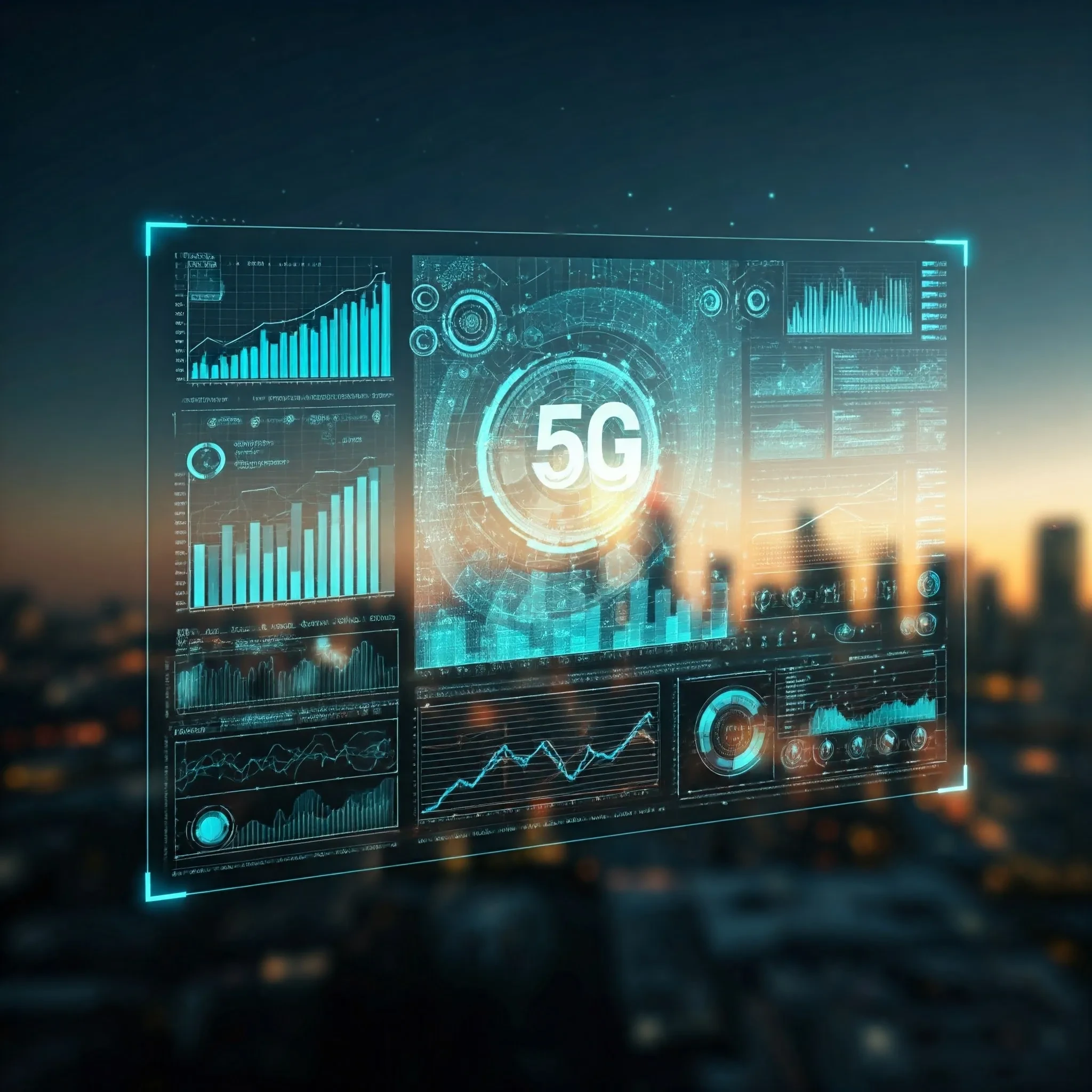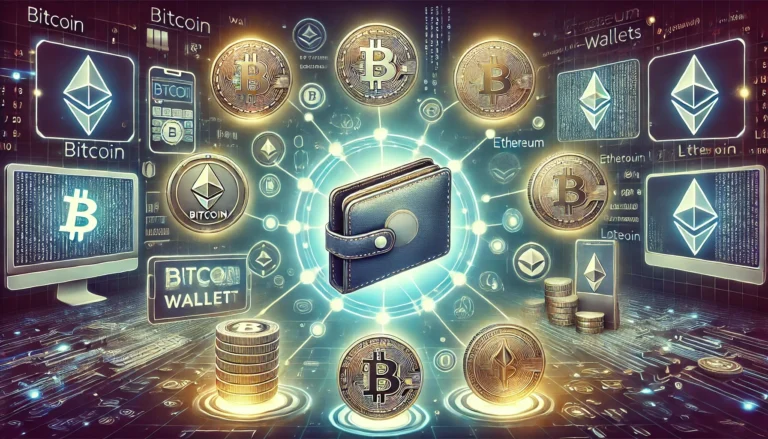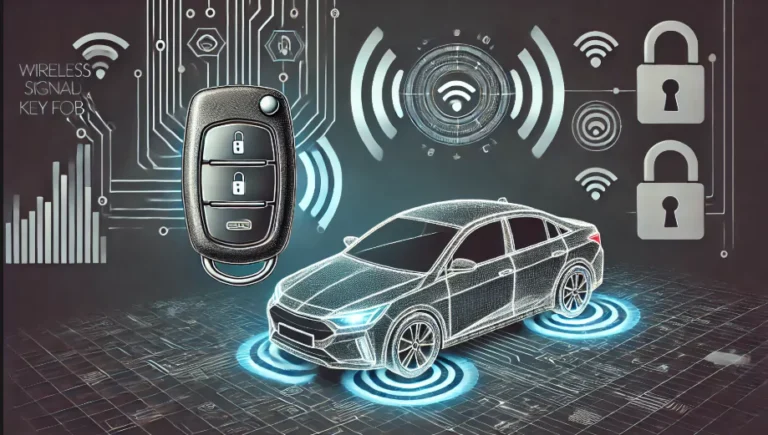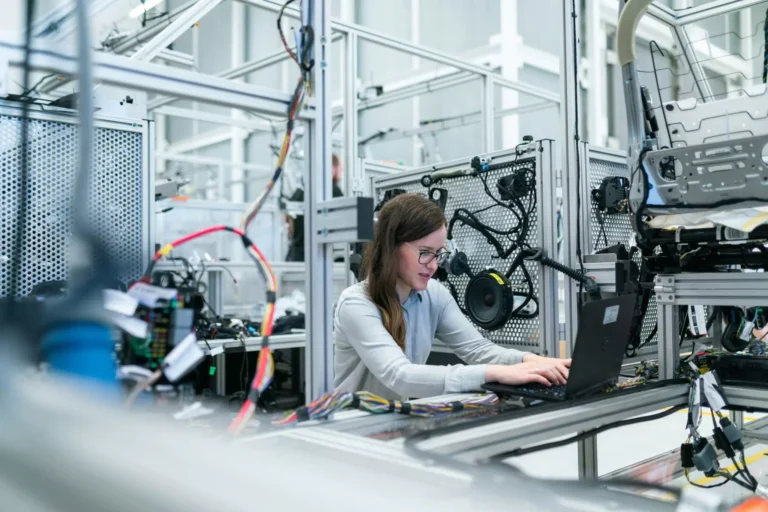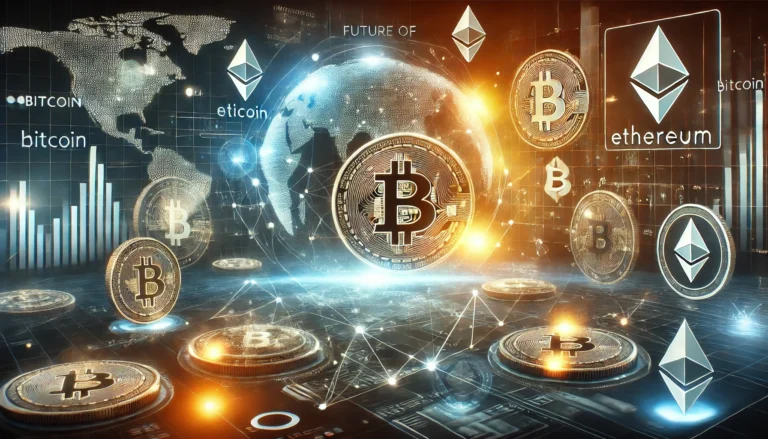Exploring the Future of 5G: How It Will Transform Connectivity
The digital landscape is evolving at an extraordinary pace, and at the forefront of this transformation is Future of 5G technology. The fifth generation of mobile networks promises to redefine the way we connect, communicate, and interact with the world around us. With faster speeds, lower latency, and the ability to support an immense number of devices, 5G is set to revolutionize industries, improve daily life, and enable innovations that were once unimaginable. But what exactly is 5G, and how will it shape the future of connectivity? Let’s dive into the promise of 5G and explore the potential impact it will have on our connected world.
What is 5G?
Future of 5G stands for “fifth generation” and is the latest iteration of mobile network technology, following the introduction of 4G LTE (Long-Term Evolution). While 4G revolutionized mobile internet by offering fast browsing and streaming speeds, 5G goes a step further. It offers incredibly fast data transfer rates, ultra-low latency, and the ability to handle a vast number of connected devices simultaneously.
Unlike earlier mobile networks, 5G uses a combination of low, mid, and high-frequency spectrum bands, which allows for faster speeds and increased network capacity. This multi-band approach is a key reason why 5G can handle the growing demand for connectivity in an increasingly digital world. The increased speed, connectivity, and efficiency of 5G will fundamentally change not only how we use mobile phones but also how industries function and evolve.
The Key Features of 5G
To understand how Future of 5G will transform connectivity, we need to break down its core features. These features make 5G different from its predecessors and are key to the innovations it will bring to the world and also help in transforming the power of AI.
Speed and Bandwidth
One of the most impressive aspects of Future of 5G is its speed. 5G networks can provide download speeds of up to 10 Gbps (gigabits per second), which is up to 100 times faster than 4G LTE. This dramatic speed increase means that large files, such as HD movies or high-quality content, can be downloaded in seconds. For consumers, this means quicker access to high-definition media and uninterrupted streaming experiences, even in crowded environments.
The increased bandwidth of 5G will also allow more devices to connect to the network without causing slowdowns or congestion. In a world where billions of devices are online, from smartphones to smart sensors, the need for a robust network that can handle all of them at once is more important than ever.
Low Latency
Latency refers to the delay before a transfer of data begins after an instruction is given. With Future of 5G , this latency will be reduced to a mere 1 millisecond, compared to the 30-50 milliseconds seen with 4G. This reduction in latency is crucial for applications that require real-time interaction, such as remote surgery, autonomous vehicles, and virtual/augmented reality (VR/AR) gaming. Essentially, 5G will enable instantaneous communication between devices, allowing for safer and more efficient systems in high-stakes environments.
Massive Connectivity and Network Density
Another significant feature of 5G is its ability to handle more connected devices than any previous network. Future of 5G is designed to support up to 1 million devices per square kilometer. This is especially important in the context of the Internet of Things (IoT), which is rapidly growing as more everyday devices from refrigerators to wearable health monitors become connected. As the IoT expands, 5G will ensure that all these devices can communicate with each other seamlessly, enabling smarter homes, cities, and industries.
How Future of 5G Will Transform Various Sectors
The implementation of 5G is expected to have a profound impact across a wide range of industries. From healthcare to entertainment, 5G will be the catalyst for a new wave of innovation.
Healthcare: A New Era of Remote Care
5G’s low latency and high-speed capabilities will have a transformative effect on healthcare. Remote surgeries, telemedicine, and real-time patient monitoring will all become more efficient and reliable with 5G networks. Surgeons could perform operations remotely using robotic tools controlled via 5G connections, with no noticeable lag, ensuring precision even from thousands of miles away.
In addition, 5G will enable continuous health monitoring through wearable devices. These devices will be able to send real-time data to healthcare providers, allowing doctors to respond more quickly and manage chronic conditions more effectively.
Transportation and Smart Cities: The Rise of Autonomous Systems
Future of 5G will also play a central role in the development of smart cities and autonomous vehicles. Self-driving cars, which require constant communication with other vehicles, infrastructure, and pedestrians, will rely heavily on 5G networks to function. The ultra-low latency and high reliability of 5G will ensure that vehicles can react instantly to changes in their environment, making autonomous driving safer and more feasible.
Smart cities, too, will be powered by 5G, using its capabilities to optimize everything from traffic management to waste disposal. Sensors embedded throughout the city will relay data in real-time, helping to reduce congestion, lower energy consumption, and improve the overall quality of life for residents.
Manufacturing and Industry 4.0: Revolutionizing the Factory Floor
In the world of manufacturing, 5G will accelerate the adoption of Industry 4.0 an era of automation and data exchange in factories. 5G’s ability to connect large numbers of devices in real-time will allow for smarter factories where machines, robots, and even workers can communicate instantly to improve efficiency. Predictive maintenance, powered by IoT sensors and 5G networks, will help detect issues before they become costly breakdowns, keeping production lines running smoothly.
Moreover, augmented reality (AR) and virtual reality (VR) applications will allow workers to get real-time data overlays and remote assistance while on the job, further boosting productivity and reducing errors.
Entertainment and Media: Ultra-High-Definition Experiences
Future of 5G will revolutionize the way we consume entertainment. Whether it’s streaming 4K or 8K video on demand, playing immersive AR/VR games, or attending live events virtually, 5G will make it all possible with no lag, no buffering, and crystal-clear quality. The increased bandwidth will also allow for multi-device streaming, enabling families to watch different shows in different rooms without affecting the quality of the connection.
Virtual and augmented reality experiences, whether for gaming or professional applications, will become smoother and more immersive with 5G. Expect to see fully immersive VR gaming, live-streamed events in 360-degree video, and much more as the entertainment industry embraces the new possibilities offered by Future of 5G.
Retail: Smart Shopping Experiences
Retailers will also benefit from 5G’s capabilities. In-store experiences will be enhanced with augmented reality, allowing customers to try products virtually before buying. Smart shelves, which can automatically track inventory and customer preferences, will streamline operations and improve the shopping experience.
Additionally, faster mobile networks will facilitate real-time online shopping experiences, including instant purchases and delivery, making e-commerce even more efficient.
The Role of 5G in the Internet of Things (IoT)
As Future of 5G supports a vast number of connected devices, its impact on the Internet of Things (IoT) will be profound. With billions of devices already connected to the internet and more being added each day, 5G will provide the necessary infrastructure to handle the increasing volume of data and devices.
In agriculture, 5G-enabled sensors will monitor soil moisture, crop health, and weather patterns in real-time, helping farmers make more informed decisions and optimize their yields. In smart homes, 5G will power everything from thermostats to security cameras, ensuring seamless operation and control over multiple devices at once. The IoT ecosystem will thrive with the help of 5G, driving innovation in every sector it touches.
Economic and Social Impact of 5G
The economic benefits of 5G are expected to be immense. According to a report from IHS Markit, 5G could add up to $13.2 trillion to the global economy by 2035, with significant contributions from industries like healthcare, manufacturing, and retail. The rollout of 5G networks will create new jobs, boost productivity, and open new markets for businesses worldwide.
Socially, Future of 5G will help bridge the digital divide. With its ability to provide fast, reliable internet access even in remote and underserved regions, 5G will enable more people to access online education, telemedicine, and other critical services. This will lead to greater economic inclusion and help to level the playing field for people around the globe.
Challenges and Concerns Surrounding 5G
While the promise of Future of 5G is exciting, there are challenges that must be overcome. One of the biggest hurdles is the cost of infrastructure. The deployment of 5G requires a significant investment in small cell towers, fiber-optic cables, and other essential components. This means that while urban areas may enjoy the benefits of 5G sooner, rural and remote regions may face delays in receiving coverage.
Another concern surrounding Future of 5G is cybersecurity. As more devices become connected, the potential for data breaches and cyberattacks grows. Ensuring that 5G networks are secure and that sensitive data is protected will be essential for realizing its full potential.
Finally, there are concerns about privacy. With billions of connected devices exchanging data, individuals may worry about how their personal information is being used and who has access to it. Addressing these concerns will be crucial to the widespread adoption of 5G.
The Future of 5G
As Future of 5G networks continue to roll out worldwide, the full potential of this technology will gradually unfold. Over the next decade, 5G is expected to enable new innovations, from fully autonomous
